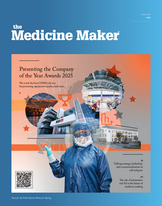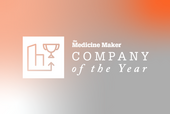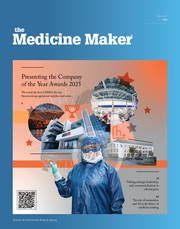
Tapping into Data Transparency
A website exists to help researchers obtain clinical study data, but how useful is it?
The need for more transparency in clinical research is being increasingly recognized by the pharma industry. Indeed, a number of companies have now committed to sharing patient data from the studies they sponsor. The Clinical Study Data Request (CSDR) website was rolled out to centralize communication between researchers and sponsors. Researchers can use the site to request access to anonymized patient-level data and supporting documents from clinical studies to conduct further research, providing access is approved by the Independent Review Panel.
Isabelle Boutron and her colleagues from Paris Descartes University, France, decided to find out how useful this resource is. The team evaluated the completeness of data sharing on CSDR, for all listed drugs (other than vaccines) by all sponsors actively involved in data sharing (defined as having listed at least 100 studies by June 2014) (1).
The authors identified 61 drugs (from four sponsors: Roche, 13; Lilly, 3; Boehringer Ingelheim, 5; GlaxoSmithKline, 40), which had been evaluated using 966 randomized clinical trials (462,751 participants) registered at ClinicalTrials.gov. Of these, 53 percent (representing 74 percent of participants) were listed on CSDR, with the percentage varying from 33 percent to 66 percent depending on the sponsor.
Boutron only checked whether registered trials were listed on CSDR, but researchers are also able to submit enquiries to some sponsors to ask about the availability of data from studies that are not listed. “Consequently, our results may underestimate the number of studies for which the data are shared,” she admits.
Lack of transparency and data-sharing in clinical research can lead to considerable waste of research. According to Boutron, 30 to 50 percent of trials never publish results and, on average, it takes around two years before results for completed trials are published. That said, the findings do at least demonstrate that sponsors are regularly adding some studies to CDSR. Boutron recognizes that providing access to data takes time and effort. But the process is evolving, and Boutron believes that other stakeholders could be more involved: “The regulators should be doing more to encourage data sharing – and researchers need to work on processes to facilitate data sharing.”
- I Boutron et al., “Sharing of data from industry-funded registered clinical trials”, JAMA, 315, 2729-2730 (2016). PMID: 27367768.

Over the course of my Biomedical Sciences degree it dawned on me that my goal of becoming a scientist didn’t quite mesh with my lack of affinity for lab work. Thinking on my decision to pursue biology rather than English at age 15 – despite an aptitude for the latter – I realized that science writing was a way to combine what I loved with what I was good at.
From there I set out to gather as much freelancing experience as I could, spending 2 years developing scientific content for International Innovation, before completing an MSc in Science Communication. After gaining invaluable experience in supporting the communications efforts of CERN and IN-PART, I joined Texere – where I am focused on producing consistently engaging, cutting-edge and innovative content for our specialist audiences around the world.



















